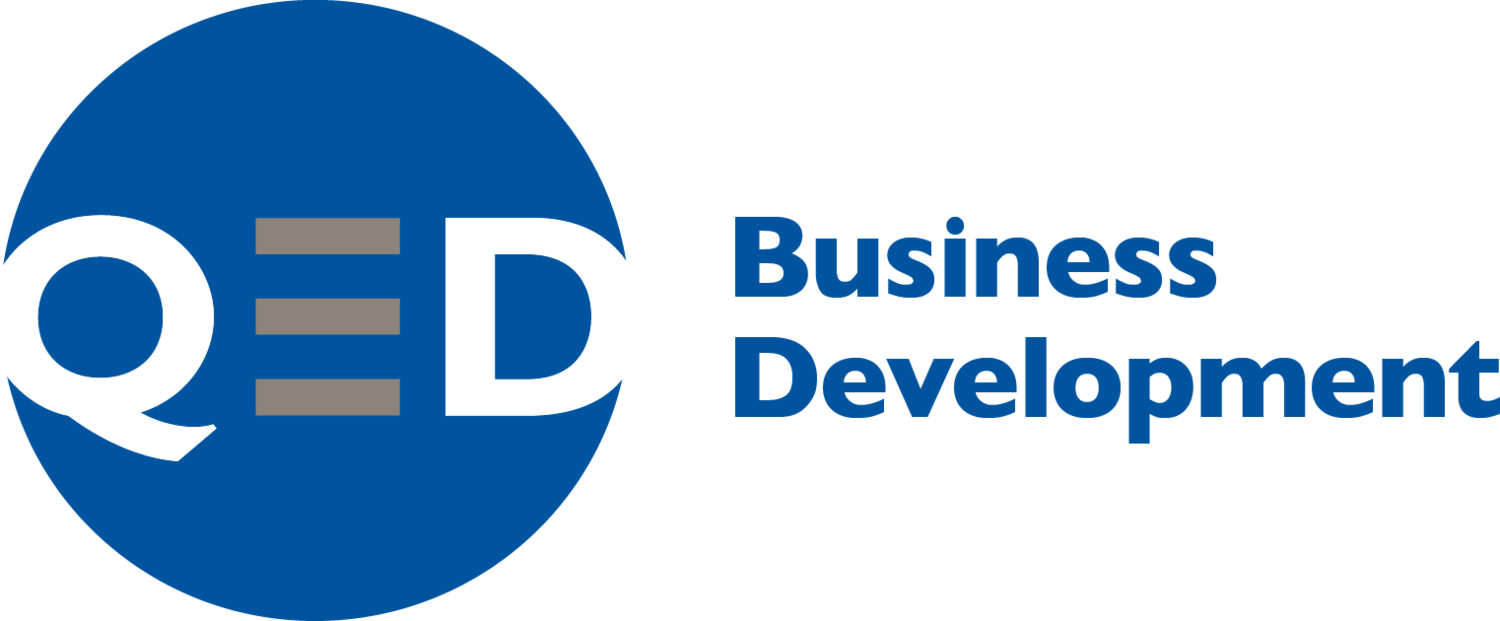My son finished High School at the end of 2016. His final year was measured in the usual way in our state, by virtue of an academic score ranking all 50,000 students on a scale of 1- 99.95 in order of excellence. There is much debate about the value of these scores. Do they represent the true value of the child? Clearly the answer is no. Do they represent how the child will perform going forward? Maybe, but kids improve at different speeds at different times. They only measure past performance. This got me thinking....
What's the inherent value of a performance review (also sometimes called 'client listening') in the professions? They provide an opportunity to seek feedback on both underperformance and what has worked in order to rectify standards and/or replicate standards. However people often stop there. The single biggest flaw is that they often only measure PAST performance.
So don't they suffer from the same weaknesses as the High School scoring system? They don't measure the value of the entire relationship. They often don't establish ways to 'score' the performance in coming months. And they certainly don't help the client to directly achieve their commercial goals. At least the High School rankings enable students to know if they are going to get into their preferred course. Performance reviews don't even provide firms with that assurance (i.e., that you'll be re-appointed).
So what would be a better system? Taking one of the best of the attributes of a performance review, the systematic nature of it, why not take the systematic approach but 'pay it forward'? By this I mean creating conversations with the client about FUTURE events rather than past performance.
In my experience, too few firms have a systematic response to staying on top of client's FUTURE ambitions/ priorities / projects / measurables. I will often ask coachees to consider conducting forward-facing meetings with clients on a bi-annual basis. Time invested at the start of the calendar year and the start of the financial year to explore your key client's agenda is important. Time doing this with them in the room is gold dust.
There just aren't enough scheduled, detailed, consistent, future-focused client meetings in people's schedules. I suspect the reason this is not the go-to model for most firms is the scary element of not being assured of knowing the answer to the client issue. It's much easier to be able to provide advice on a matter that is clearly defined and, in litigious or assurance matters, events that have already occurred. It takes a much more open-minded and bold approach to open up the possibility that you might not know the full extent of the client's (future) problem.
Of course, the best firms do have a forward-looking meeting model, typically described and executed in their approach to key accounts. But even then, this investment is usually targeted at a select number of top clients and does not result in a systematic approach being taken much below the Top 10 or Top 20.
It is clear that clients want their providers to service them better. To do more for less. To be proactive. Which client wouldn't be over the moon with a provider that offered to invest time twice a year in helping them solve FUTURE problems, in addition to what you and your competitors already do, which is solve past problems?
Differentiate yourself in the market by establishing a model which helps clients this coming year, not 'scores' the last one.
[p.s. My son in now studying for a law degree. I hope he implements this one day!]
Paul McAllister With more than 10,000 hours as a professional business development coach, Paul still gets a kick out of helping clients realise their strengths, create their best plan, and...most importantly...change behaviour in the real world.

